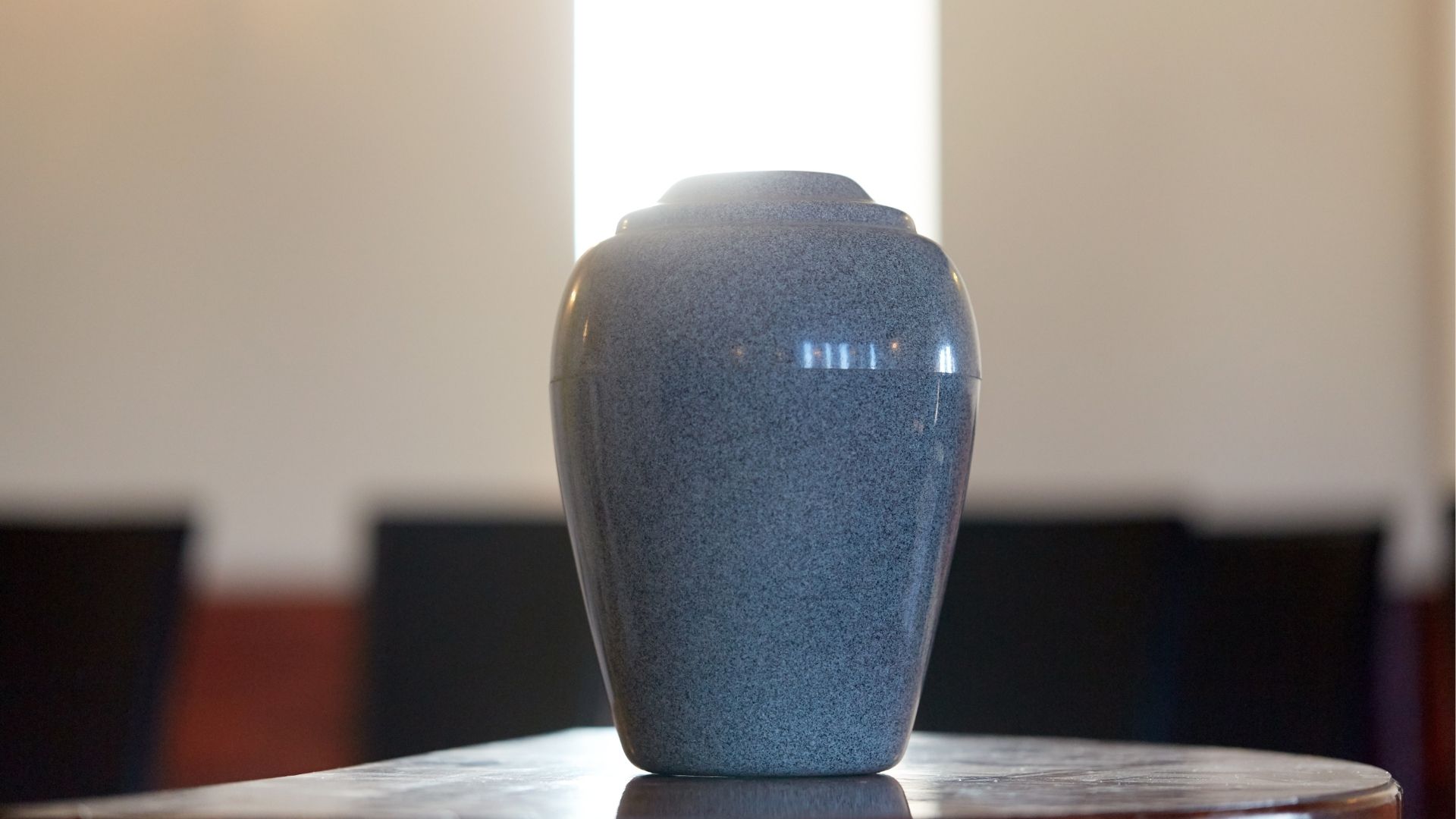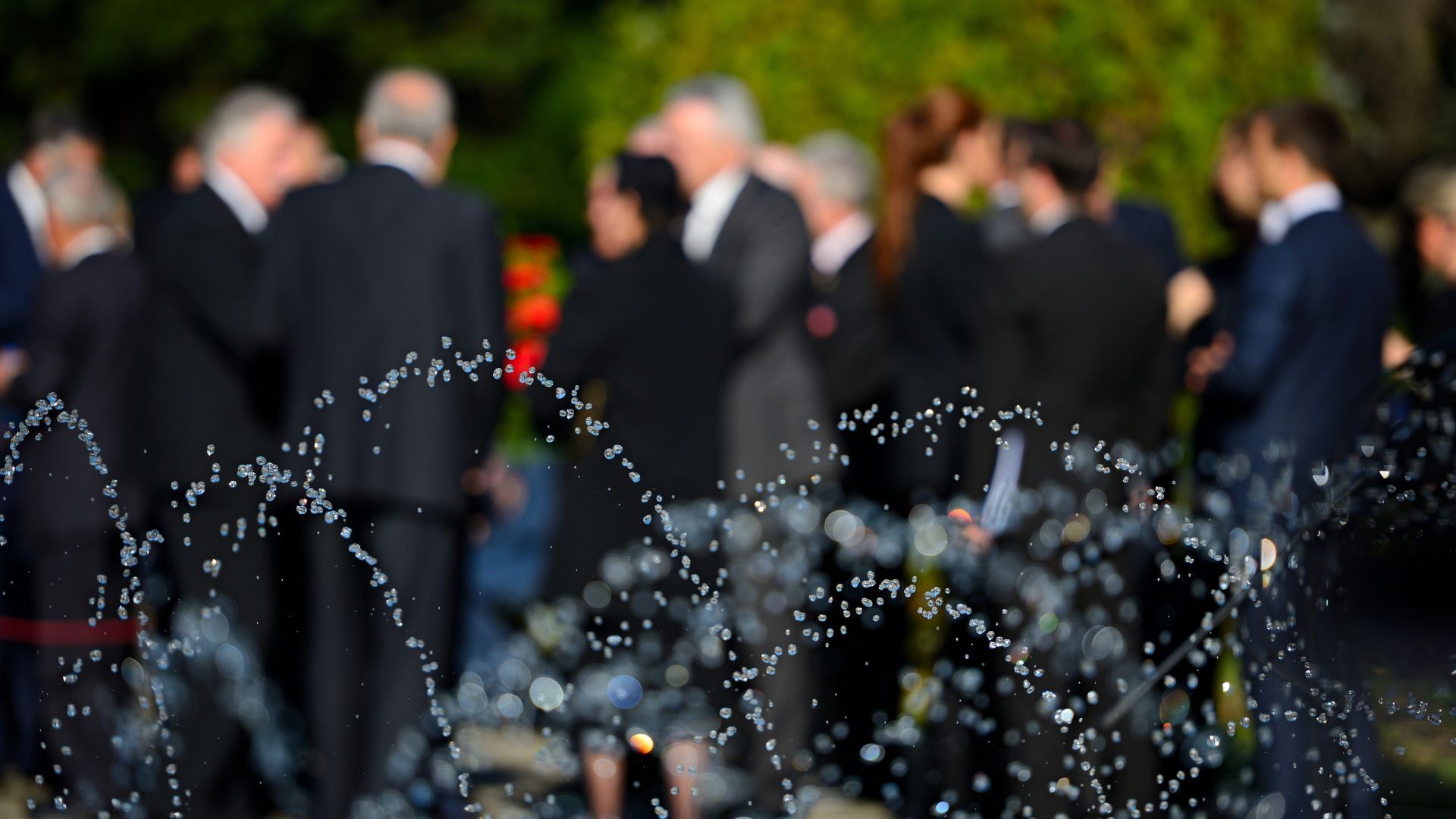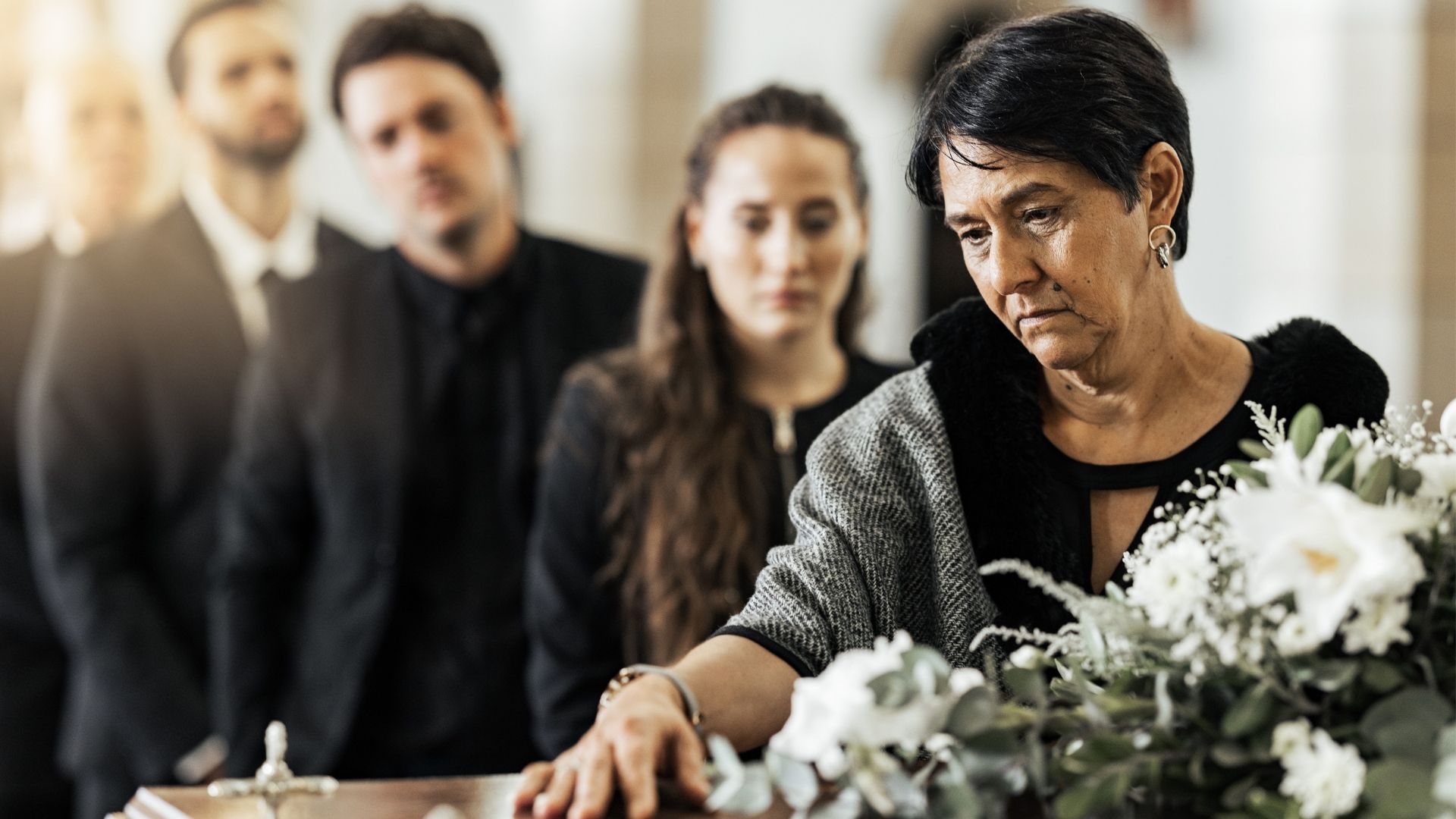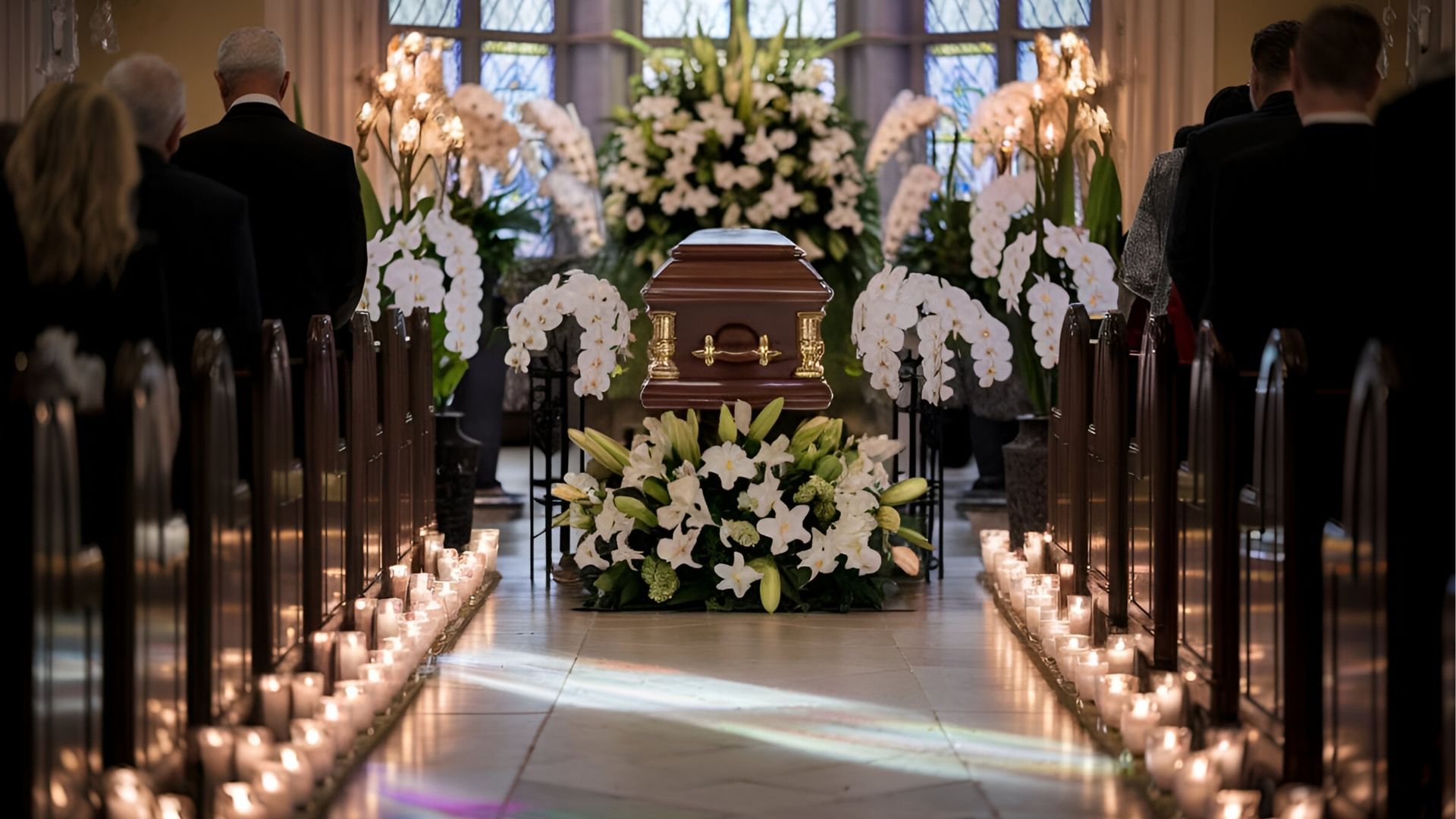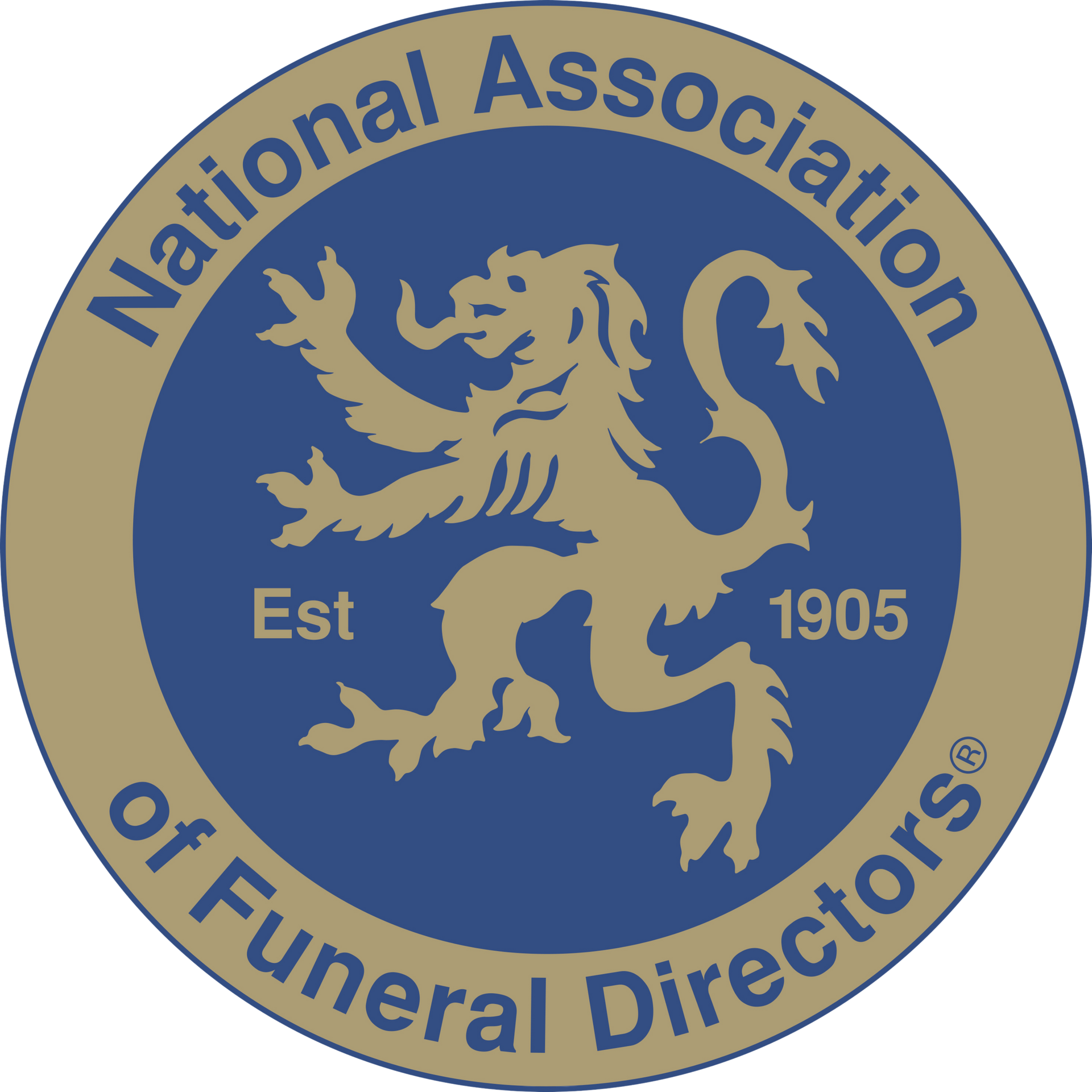What happens at a Christian funeral service?
There are many kinds of Christian funerals. Learn what Catholic, Anglican and Baptist funerals are like.
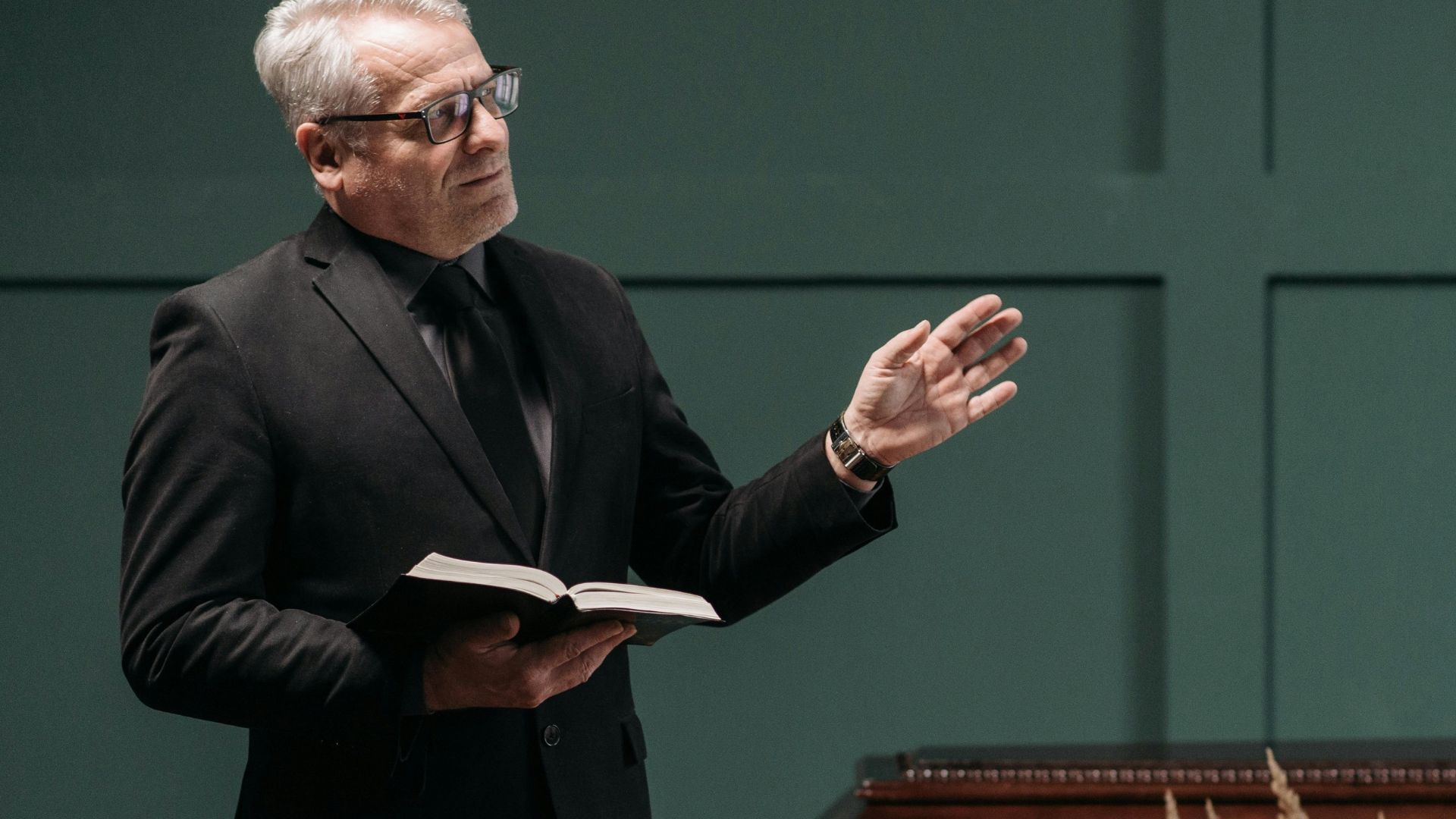
Ask the person in the street what happens at a Christian funeral service and you'll probably hear a few of the same things. There'll be a priest. There'll be hymns and prayers. But beyond that, things quickly get vague.
This is largely because Christianity isn't just one thing. In the UK, the main branch of Christianity is the Church of England (Anglican). However, the
30 million or so Brits who describe themselves as Christian belong to a variety of denominations.
A denomination is a religious group that has slightly different beliefs from other groups belonging to the same religion. Catholics, for instance, believe in Purgatory, and Unitarians believe that Jesus was a man, not the incarnation of God.
What this means in practice is that religious services, including funerals, differ from church to church. And for the purposes of this article, it means that we can't hope to cover all the different kinds of Christian funeral services.
Instead, we're focussing on the main denominations: first, the Church of England and then some other common denominations in the UK.
What do Christians believe?
Christian beliefs differ from denomination to denomination and even within denominations. However, they all believe that when a person dies, they're judged by God. The righteous go to Heaven and sinners go to Hell, although what is meant by Heaven and Hell also varies.
When a Christian dies, it's the end of their life on Earth. A funeral is held for friends and family. In most cases, this can be either a burial or a cremation and is led by a church leader.
Church of England funeral services
In the Church of England, a funeral service typically takes place about a week after the person's death. It can be held in either a church or a crematorium.
First, the priest opens the service with readings from the Bible. They then talk about the person who died. Family members or friends read poems or passages from the Bible.

Prayers of thanks, penitence and readiness for death are led by the priest and shared by the congregation. There's then a silent time for reflection.
The priest then reads a prayer of commendation and farewell: 'Let us commend [the person who died] to the mercy of God, our maker and redeemer'.
The service ends with the committal. This is where the coffin is lowered into the grave – or, at a crematorium, where the curtains are closed around the coffin.
Catholic funeral services
Catholic funeral services are slightly different from the Church of England. These differences reflect the Catholic belief in Purgatory, as well as their weekly rituals.
A Catholic funeral service can include Mass (a public worship ceremony). There can also be a vigil for the person who died, either at their home or in church. This is held a day or two before the funeral.
At the funeral service, the priest reads introductory rites, the Liturgy of the Word and the Liturgy of the Eucharist. Next, there's the final commendation and the Rite of Committal. These follow an established script and include readings from the Bible, psalms and homilies.
Presbyterian funeral services
In general, Presbyterians don't approve of cremation. Funeral services take place either at the graveside or in a church building. In church, there can be either a memorial service where the body isn't present or a funeral service with a closed casket.
The pastor leads the service with readings from scripture, hymns, prayers and a short sermon. There's a focus on the Presbyterian belief in resurrection. Sometimes, Holy Communion is celebrated, but mostly not.
Typically, this worship service doesn't include eulogies for the person who died – although prayers can include a reference to them. Instead, eulogies are read either before the service, at a visitation, at a memorial service or after the funeral at a reception.
Methodist funeral services
Methodists believe departed souls will resurrect when Christ returns. Because of this, some Methodists prefer burial. Others, however, allow cremation.
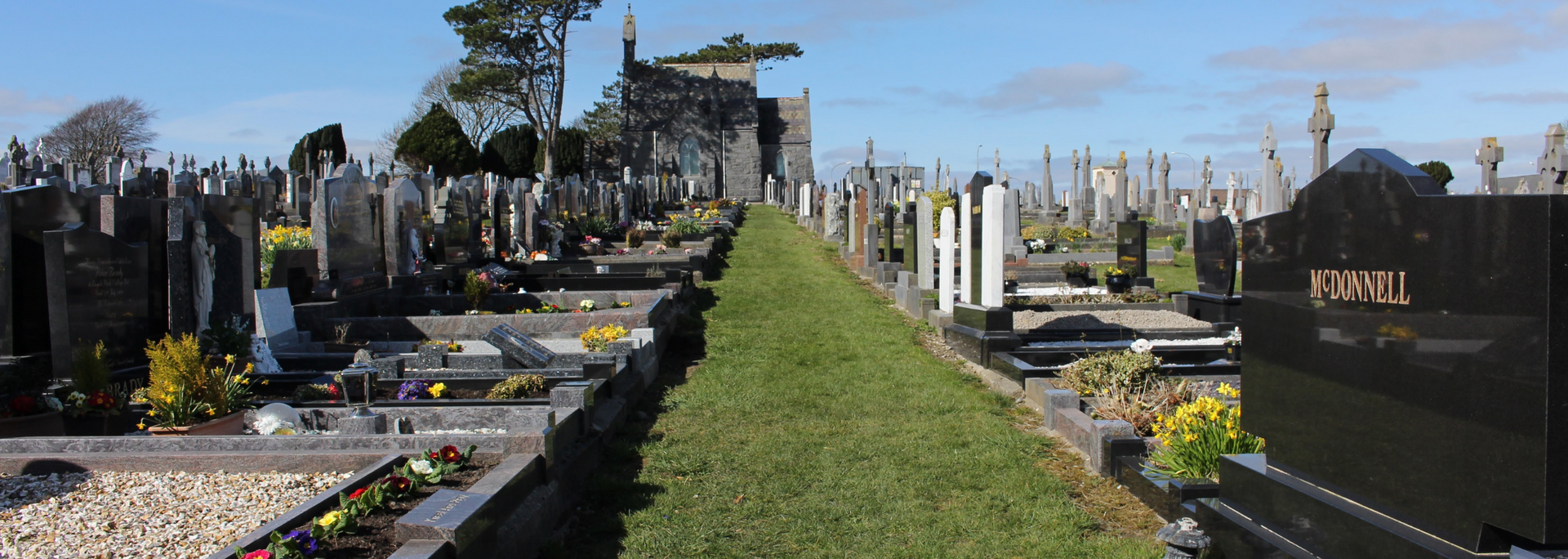
Pre-funeral viewings are common but not essential. The funeral is led by the minister and includes memories of the person who died, prayers, hymns, readings from scripture and homilies. Often, a family member or close friend will read a eulogy.
Unitarian funeral services
Unitarians believe in one God and reject the Trinity. They also
believe that 'the whole of life is sacramental and while outward ceremonies are considered helpful they are certainly not considered essential'.
This means funerals are 'made personal to the couple or to the deceased'. They can happen at a church, crematorium, graveside or at home. They're personalised with music, readings, eulogies and tributes and often have a celebratory tone.
Baptist funeral services
The Baptist community is hugely diverse. Each church is independent, with no single overarching set of rules and beliefs. This is reflected in the funeral services, which range from the joyful to the sombre.
Viewings are common, with mourners going to see the person who died at their funeral home or in church a day or two before the funeral.
The funeral itself typically takes place in the church or crematorium and is led by a Baptist minister. The focus is on the part that God played in the life of the person who died and the belief that their soul is reuniting with God. Most include hymns, readings from the Bible and eulogies from friends or close family. The casket is usually closed and placed in front of the congregation.
How long does a Christian funeral last?
Christian funeral services differ in length, although many are around the 60-minute mark. This can be longer in Catholic services that include Mass.
What should you wear to a Christian funeral?
Many Christian funerals encourage dark, formal dress. However, this changes from church to church. The family or church leader will often share a dress code before the service takes place.
Are you planning a
Christian funeral in London? We can offer the step-by-step guidance you need to arrange the funeral you want.
Get in touch with AFD online or call 020 8355 7876.



